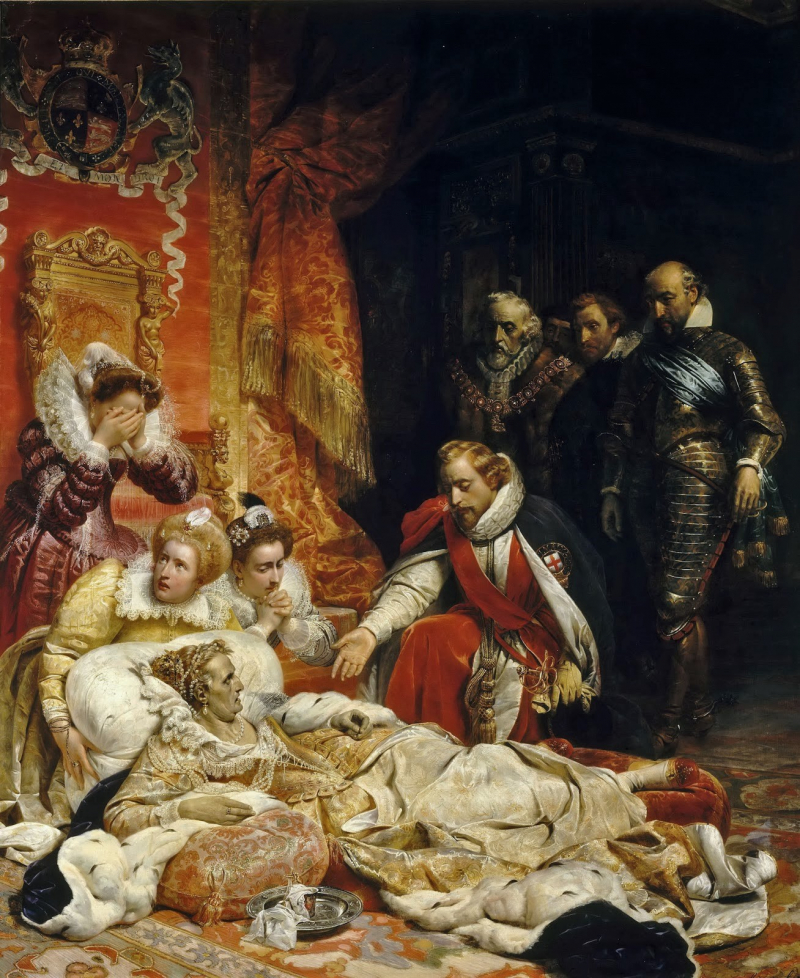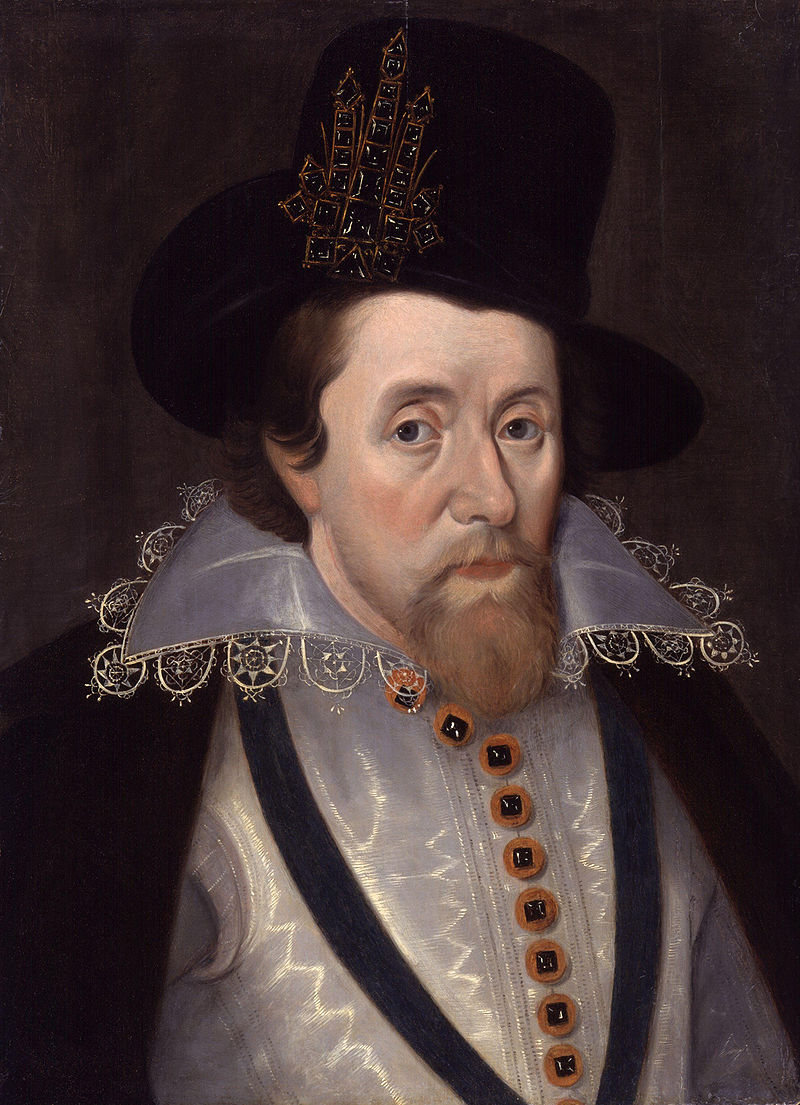England was fell into difficulties in the latter years of her reign
The victory over the Spanish Armada, a large fleet of about 130 ships sent from the Roman Catholic monarch Philip II of Spain to support an invasion of England, in 1588 is said to be the most well-known achievement of Queen Elizabeth I. It is considered as one of England's greatest military triumphs in its history.
Elizabeth's reign did, however, start to weaken once the Armada was defeated. Numerous issues beset the country, including protracted hostilities with Spain and in Ireland; a rise in the public's tax load; and a downturn in the economy as a result of subpar harvests and the high cost of the war. The government was also divided, with two factions under the leadership of Robert Devereux, Earl of Essex, and Robert Cecil, Earl of Salisbury.
Her own authority also diminished at this period. Elizabeth experienced acute depression in 1602 after losing a number of her friends. She became ill in March of the next year and passed away in Richmond Palace on March 24, 1603, when she was sleeping. She was 69 years old at that time. In Westminster Abbey, she was buried next to her great-grandfather Henry VI. James VI, the Scottish King, replaced the position of Elizabeth.












